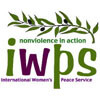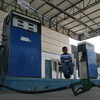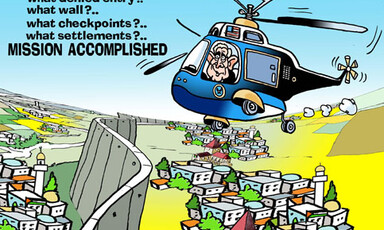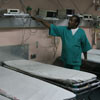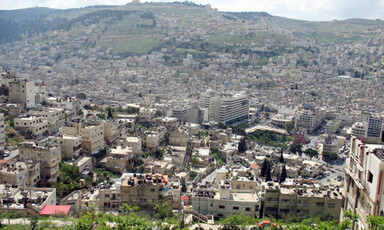
Nablus, wounded in the war on history
17 January 2008
Although it is a small stretch of land, Palestine has many faces, from tiny country villages to bustling cities. Perhaps one of the most impressive places is the city of Nablus. Coming from Ramallah, passage into the city is through the huge, overcrowded Huwwara checkpoint. Having crossed this reversed city gate, set up by the Israeli military in October 2000, the first impression is that of a vivid Arab city, albeit with a sense of tension in the air. In a recent visit, Toon Lambrechts traces Nablus’ five millennia of history. Read more about Nablus, wounded in the war on history
